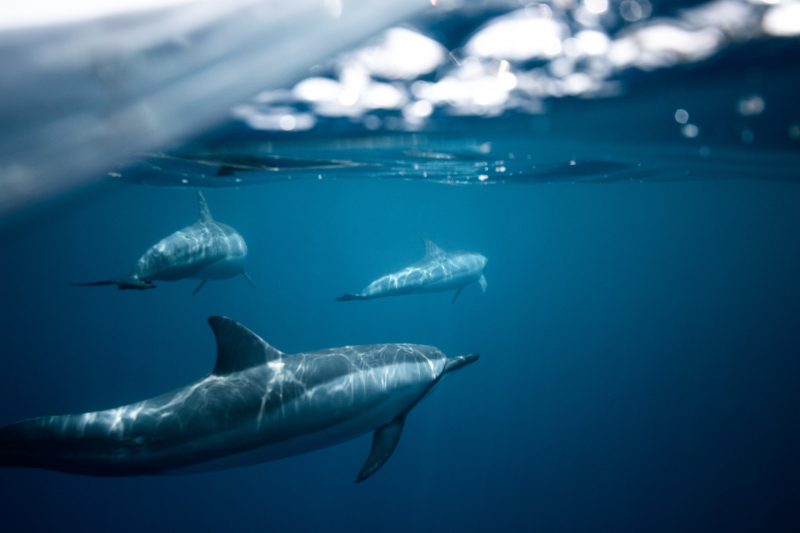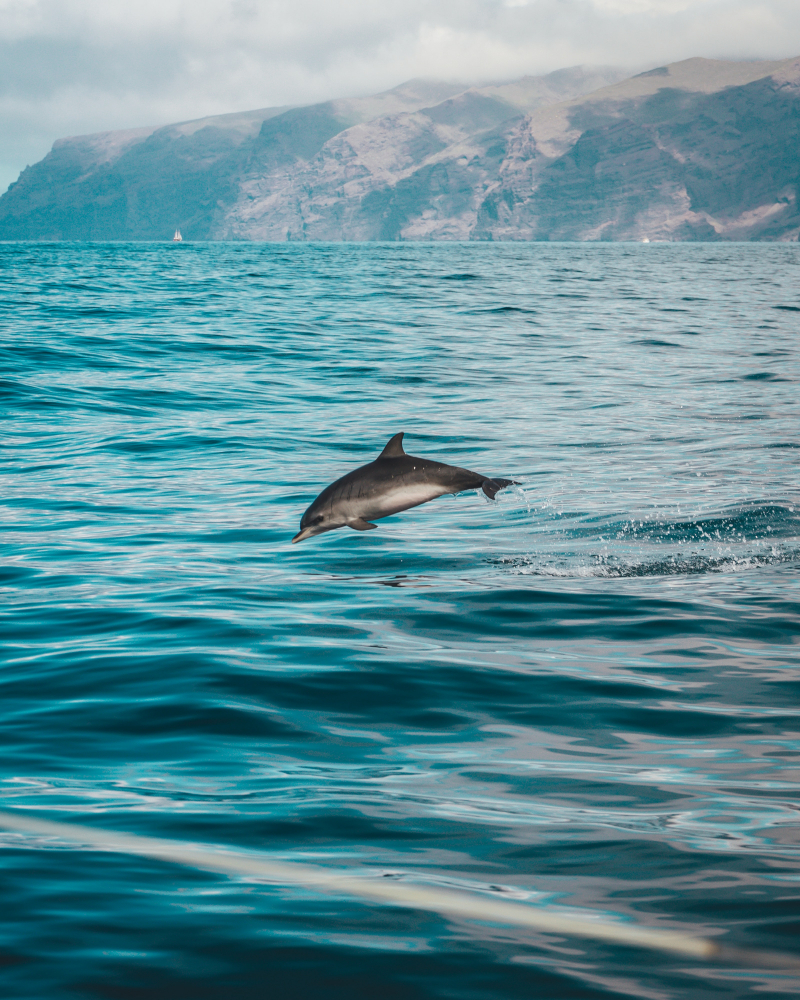How Do Marine Mammals Breathe?
Scientists have long been puzzled by the fact that aquatic creatures can hold their breath underwater for far longer periods of time than we can. After all, much like many other sections of their anatomy, their lungs are the same as ours. But, whether you're a Navy SEAL or a world-class swimmer or diver, some whale species have been known to stay underwater for as long as over two hours, whereas the most of us can manage is a few minutes.
It was still a mystery in 2013 when a team of academics from the University of Liverpool decided it was time to figure it out. Myoglobin, an oxygen-binding protein present in the lungs of all mammals, was shown to be present in extremely high concentrations in the lungs of aquatic mammals, including whales, beavers, muskrats, and others. The myoglobin molecules found in aquatic mammals possess a larger electrical charge than their land-based counterparts, allowing them to store a higher amount of oxygen and for longer periods of time. Whereas huge concentrations of protein tend to stay together.












